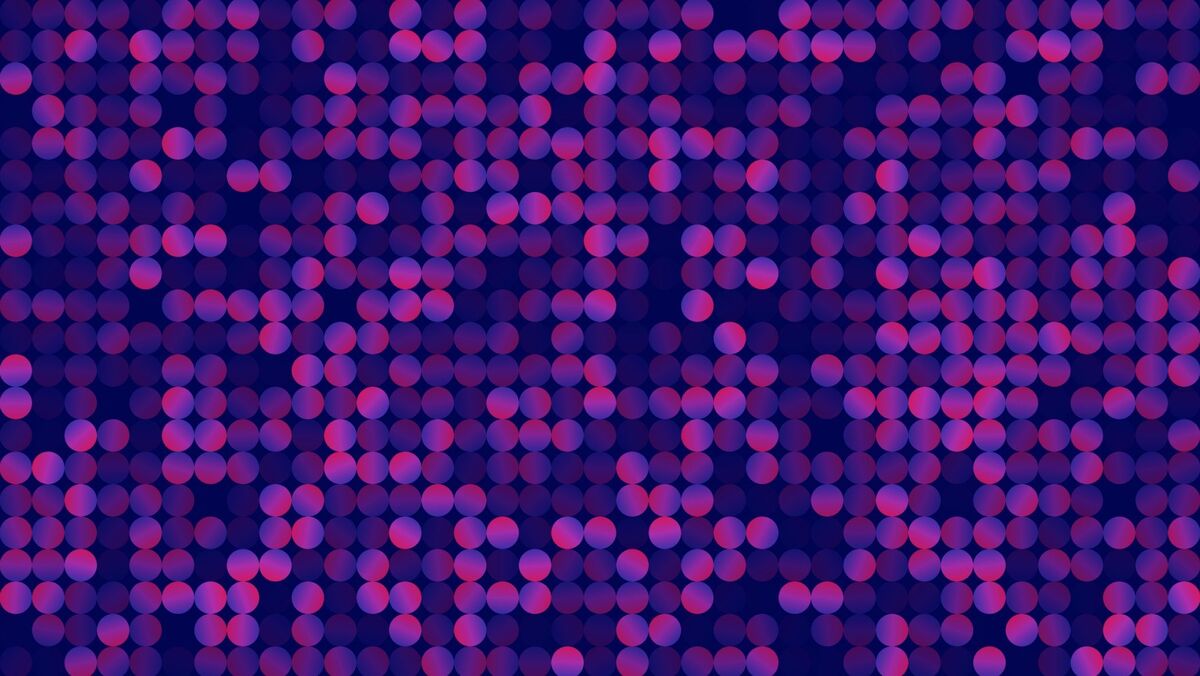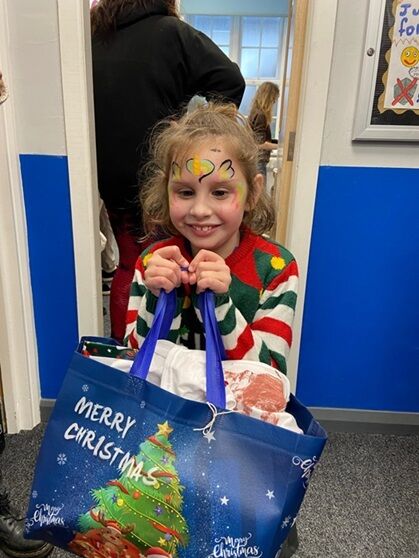Arabella's story: ReNU syndrome
Arabella is 9 years old and from Oxfordshire. In 2024 she was diagnosed with ReNU syndrome.
The condition was only discovered by researchers that year after examining patient and participant data from Genomics England’s National Genomic Research Library, which allowed them to find a link between a specific gene and severe developmental delay that could affect thousands around the world.

About ReNU syndrome
ReNU syndrome is a neurodevelopmental disorder that is linked to genetic variants in the noncoding gene RNU4-2. Because the condition affects how the brain functions, it can impact learning, speech, movement, and behaviour.
Symptoms can include
being non-verbal, learning difficulties, seizures, facial distinctions and reduced muscle strength.
Hundreds of families
have received a diagnosis since the condition’s discovery.
Arabella’s story

When Arabella was born, there were few signs initially that made her mother Christina think anything was amiss until she started missing her developmental milestones. It was at that point that Arabella was referred to a paediatrician and began to undergo years of tests to find the underlying cause.
It soon became apparent that Arabella had complex needs, and that she would need additional help with a lot of daily tasks.
Christina remembers: “It didn’t take long for Arabella to be diagnosed with developmental delay, and a brain scan showed that she had cerebral palsy. We then underwent lots of genetic testing and waited years for results to come back since the testing was done from the US.”
Like many families with rare conditions, Christina was told by doctors that they suspected something else was causing the variety of issues that Arabella was experiencing but they couldn’t figure out what it was.
Christina says: “It was really draining and frustrating. We were trying to get Arabella extra help at school which was quite hard to do without a diagnosis. And we were always worried about phone calls and getting news that something horrible had happened.”
Getting a diagnosis
Arabella’s family spent years searching for answers until they unexpectedly received a diagnosis of ReNU syndrome last year. The diagnosis was only made possible after two research groups had examined data from the National Genomic Research Library and discovered a genetic change that causes severe disabilities in children and adults.
Its name of ReNU syndrome – given by researchers and families - symbolises that this diagnosis “renews” hope for a brighter future for all those affected.
The condition's discovery led to a support group being established which Christina was able to find. She joined a community of hundreds of families around the world who now all had a diagnosis just like Arabella did.
For Christina, the diagnosis was both “an incredibly emotional moment” and “a relief”. She was grateful to be able to find the support group and other families like her own. She adds: “It was also a massive relief to find out that it wasn’t a life shortening condition, which I know I wasn’t alone in worrying about. There were adults with ReNU in the support group and that was so important for me to know.”
Living with ReNU syndrome
Arabella has several symptoms that are now known to commonly associated with ReNU syndrome. These include being nonverbal, developmental delay, and reduced muscle strength. She can walk short distances but requires a chair for longer walks.
Despite being nonverbal, Arabella is learning to communicate effectively through sign language which she has been embracing alongside her parents.
While a diagnosis hasn’t changed how the family manage the condition itself, it has provided long-awaited answers and invaluable access to a support network.
“With so little known about the condition, it’s been great to be able to ask questions as a lot of the time there will be another parent who has had the same experience or problem. We have this incredible resource to help us as Arabella grows up.”
Crucially, a diagnosis and the wider discovery also offers the first step towards developing a treatment in the future.
How whole genome sequencing can help those with ReNU syndrome
Arabella’s diagnosis, and the discovery of ReNU syndrome itself, was only possible because of whole genome sequencing data provided by patients and participants. And as Christina is keen to point out, there will be many children with ReNU who won’t have had a diagnosis.
“I don’t want other families going through what we’ve been though,” she says. “Genomic research has already been able to provide answers for so many families around the world. I want there to be greater awareness of both the condition and of what research like the 100,000 Genomes Project can do.”